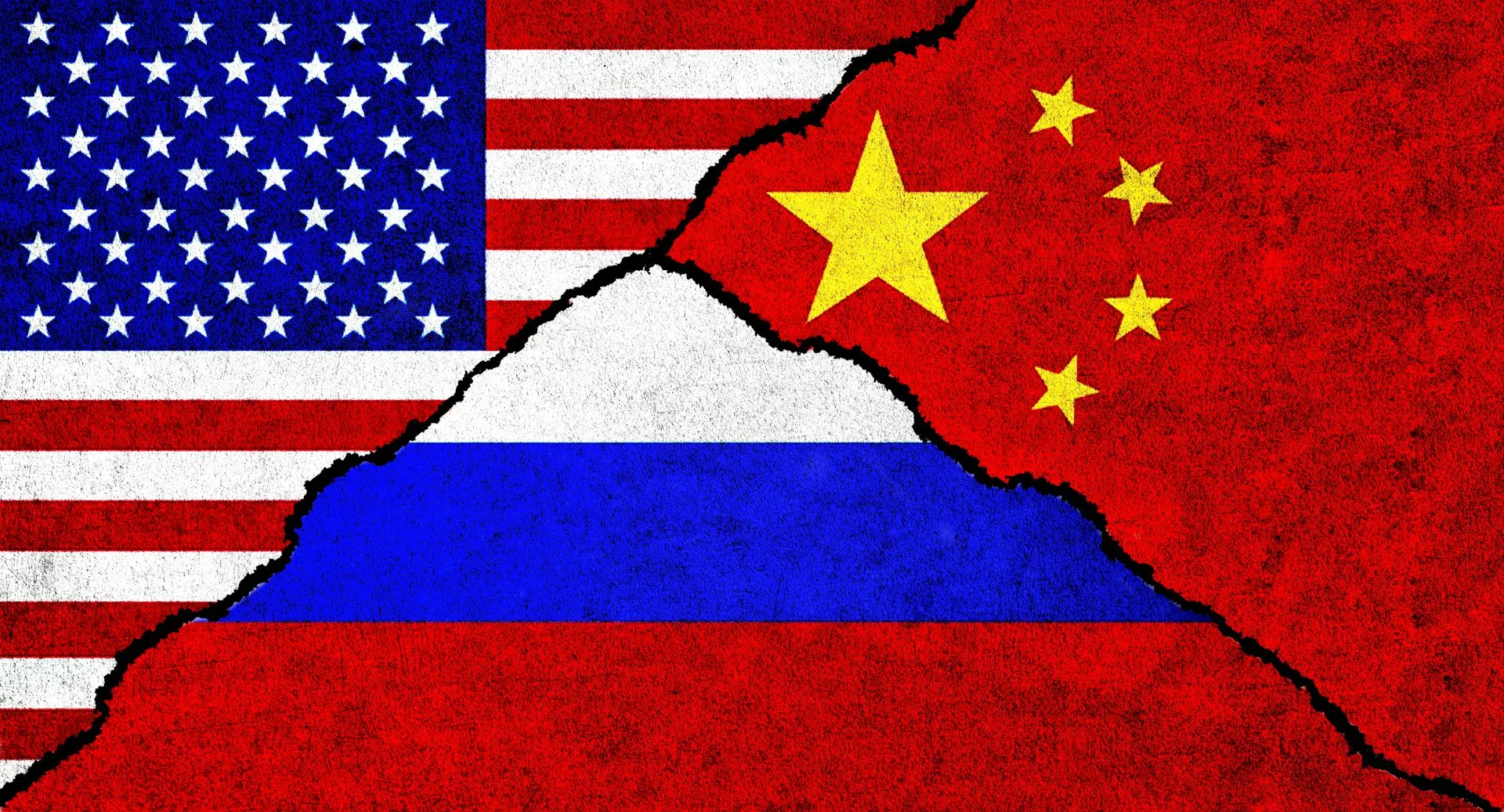The Transition from Counter-Terrorism to Great Power Rivalry in US Foreign Policy
Monday, 26 August 2024, 05:31

The Changing Landscape of US Military Focus
In recent years, the Pentagon has shifted its strategic focus from counter-terrorism to preparing for potential conflicts with great powers like China and Russia. This transition reflects an adaptation to evolving international relations dynamics. As US foreign policy pivots, the implications for US military operations are profound.
Strategic Implications for Great Power Rivalry
- Deterrence Strategies: The military is enhancing its focus on deterrence against threats from great powers, prioritizing military readiness.
- Operational Changes: New operational frameworks are being developed to prepare for conflicts that may arise from US-China relations and US-Russia relations.
- Resource Allocation: The reallocation of resources underscores the necessity for updated strategies in addressing not just terrorism, but also threats posed by state actors.
This article was prepared using information from open sources in accordance with the principles of Ethical Policy. The editorial team is not responsible for absolute accuracy, as it relies on data from the sources referenced.